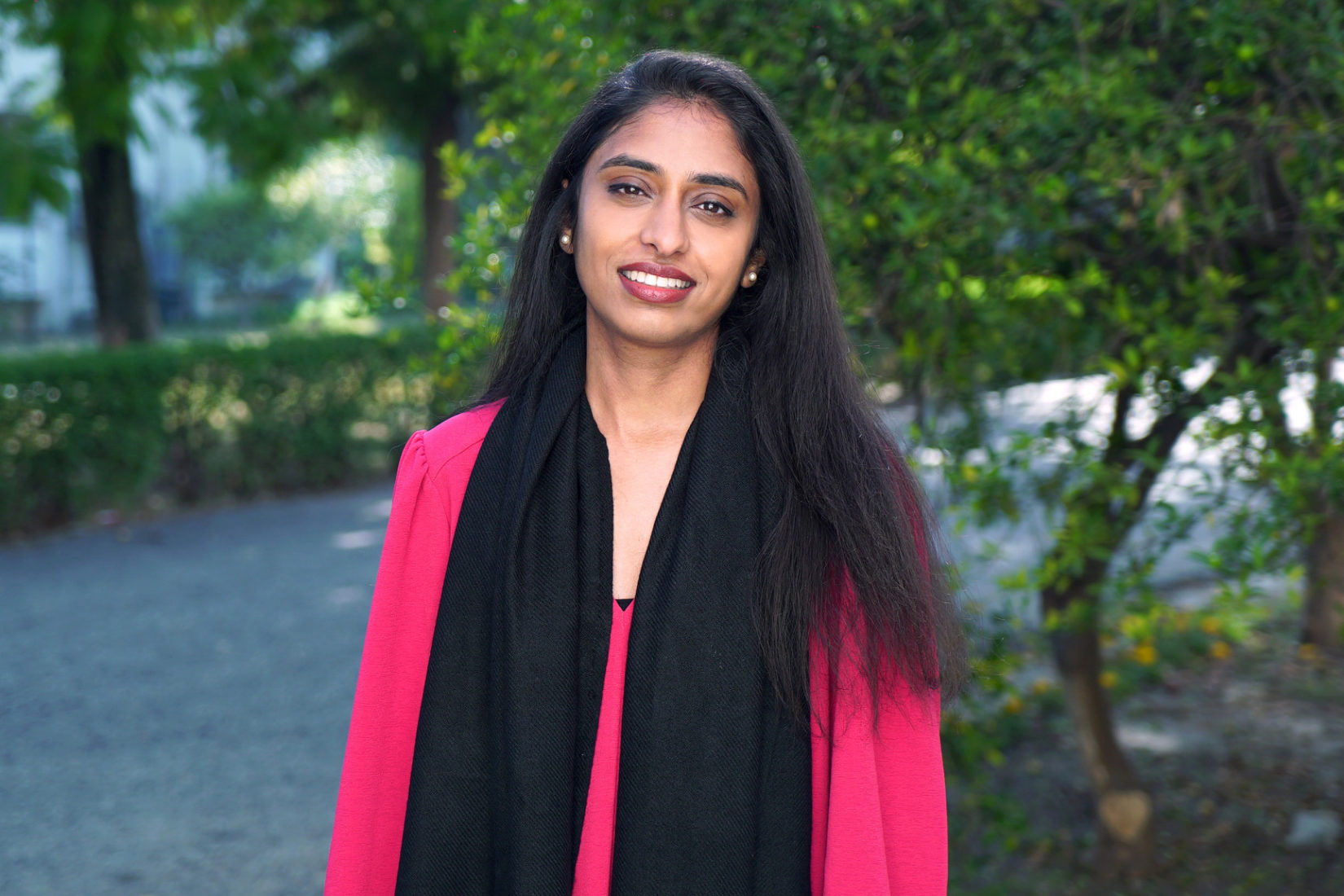Rafia got a lot more than she expected out of her participation in the Young Connectors of the Future (YCF) programme in 2017. First off, she was not expecting to make any real connections, despite the name of the programme. She wasn’t ready for it to change her career either. But it did.
-I had been to other advocacy development programmes and was expecting something similar before my first module in Sweden. But I was immediately surprised. The programme fundamentally changed my concept and definition of networking, and I think for good.
She explains that during the first week, she spoke very little about the organisation she worked for and instead opened up about her dreams, aspirations and drives.
-After that first week, I realised that I connect to these people not because I know what they do but because I know why they do it. That changed my understanding of networking. It builds strongly on sharing human stories. This way networks can be lifelong and life changing. The fact that we have stayed in touch for such long time and know so much about each other’s personal and professional progresses says a lot about the way the programme was designed.
In addition to network-building, Rafia also appreciated the learning techniques. To teach about inequalities, a moderator had held out a bin, and the participants were to throw paper balls into it. For some, the moderator moved the bin so the ball would fall in, and for others she did not.
-Those kinds of exercises stayed with me. She said that whenever you look at an injustice, you need to figure out what goggles you are wearing because there are many sides to one story. And that stories become dangerous when you only see it from one perspective. Many of these types of exercises have become clearer as I have applied them into my work. This is how YCF becomes more and more important to me as the days go by, even after three years.’
Another key takeaway from YCF was learning the skill of reflection. Every day the group started out by reflecting on the previous day for an hour: their emotions, feelings, and reactions to the things they had learned and experienced.
-We then connected that reflection to our own work and to ourselves. It was a great lesson in how our problems and our responses to those problems change when you look at them from another point of view. At that time of reflection, you are no longer on the dance floor but up on the balcony. ‘
After the programme Rafia started to connect differently to colleagues and others. Before she had only had knowledge related to their professional lives and knew little about them as human beings.
-The programme gave me better connections to teammates, which led me to produce better. I also questioned why I do the work that I do. I realised that some of the things that I do are not aligned to my value set. It made me take a break to pursue my master’s degree. I wanted to be able to affect power structures and really fight poverty. And in the end that led me to work at the World Bank.’
Find out more what SI alumni are doing worldwide and get in touch with a local network.
For more information about SI leadership programmes.
Note: Young Connectors of the Future (YCF) was a leadership programme conducted by SI during 2013-2018 involving young leaders from the civil society working with human rights, democracy and sustainable development. 2019 SI Leader Lab was launched, a new leadership programme for young civil society leaders from South Asia, the Middle East and Northern Africa working for a gender equal world.
